The Spanish government on April 30th extended again temporary restrictions for non-essential travel from most third countries, but this time only for two weeks.
That means non-EU/Schengen adults who reside outside of the EU and haven’t been fully vaccinated against Covid-19 or recently recovered from the illness cannot go on holiday to Spain until at least May 15th.
In other words, Spain continues to not accept negative Covid-19 tests from British, American, Canadian, South African or other third-country nationals who are neither vaccinated nor recently recovered.
Earlier extensions of the July 2020 regulation were usually for another month, but on Saturday April 30th 2022, Spanish health authorities announced they would only extend the restrictions on non-essential travel from outside of the bloc for just 15 days.
Over this period, the Spanish government will guarantee “the conditions for the gradual and orderly reopening of border posts at the entry and exit of Ceuta and Melilla are concluded, according to Spain’s Interior Ministry.
This suggests that it may be only a matter of weeks before Spain fully reopens to all non-EU/Schengen tourists even if they aren’t vaccinated or recently recovered from Covid-19. Whether they will have to provide a negative Covid test to be allowed to enter Spain remains to be seen.
READ ALSO: Q&A: When do I need to fill out Spain’s Covid health control form for travel?
What are the current entry rules for Spain?
Those who were fully vaccinated against Covid-19 more than two weeks before travelling to Spain will need to show a valid vaccination certificate with an EMA or WHO-approved vaccine.
If their initial vaccination treatment was completed more than 9 months ago (270 days), they’ll need to show they’ve had a Covid-19 booster shot.
As for non-EU/Schengen travellers who have recovered from Covid-19 in the past six months, they will need to show a recovery certificate to prove this.
According to Spain’s Health Ministry, recovery certificates accepted as valid are “issued at least 11 days after the first positive NAAT or RAT, and up to a maximum of 180 days after the date of sampling” and issued by the relevant authorities.
READ ALSO: What are Spain’s new mask rules for travel?
In early February, Spanish authorities also decided to start allowing unvaccinated non-EU/Schengen teenagers aged 12 to 17 to visit Spain for tourism if they provided a negative PCR.
Spain continues to have a small list of low-risk third countries whose travellers visiting Spain for non-essential reasons can enter without having to present proof of Covid-19 testing, recovery or vaccination.
This is updated weekly and can be checked here by clicking on the PDF under “risk and high-risk countries/areas”.
READ ALSO: Where can tourists and visitors in Spain get a Covid test, and how much does it cost?
Under which exceptions can unvaccinated travellers enter Spain?
If you’re not vaccinated or recovered, the exceptions for travel to Spain from third countries that fall under the non-essential travel restrictions are:
- You are a resident in the EU or Schengen country.
- You have a visa for an extended stay in an EU or Schengen country.
- You work in transport, such as airline staff or are in a maritime profession.
- You work in diplomatic, consular, international organisations, military or civil protection or are a member of a humanitarian organisation.
- You have a student visa for a country in the EU or Schengen zone.
- You are a highly qualified worker or athlete whose work cannot be postponed or carried out remotely.
- You are travelling for duly accredited imperative family reasons.
- You are allowed entry due to force majeure or on humanitarian grounds.
- And as mentioned earlier in the article, if you have a vaccination certificate that Spain’s Ministry of Health recognises and any accompanying minors (unless they’re under 12 years of age).

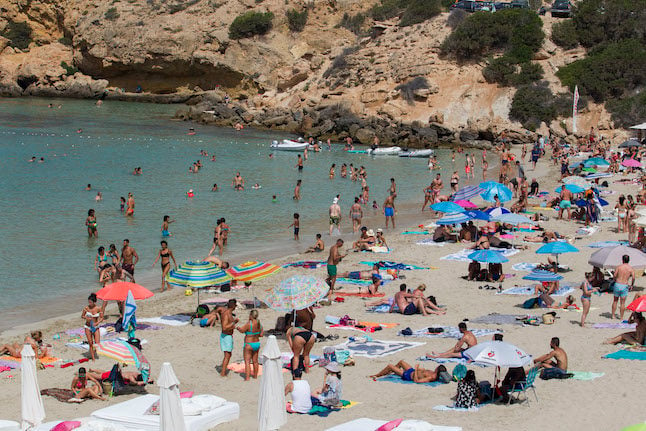
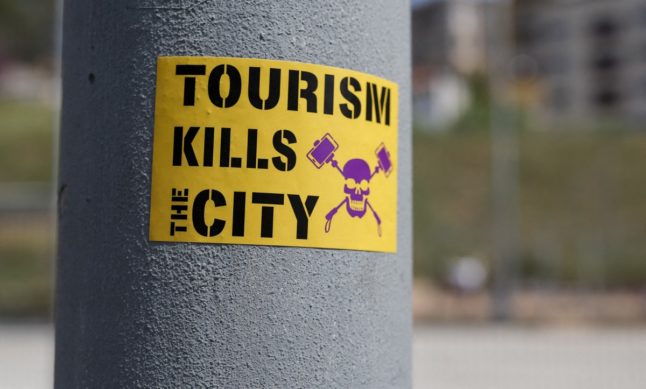
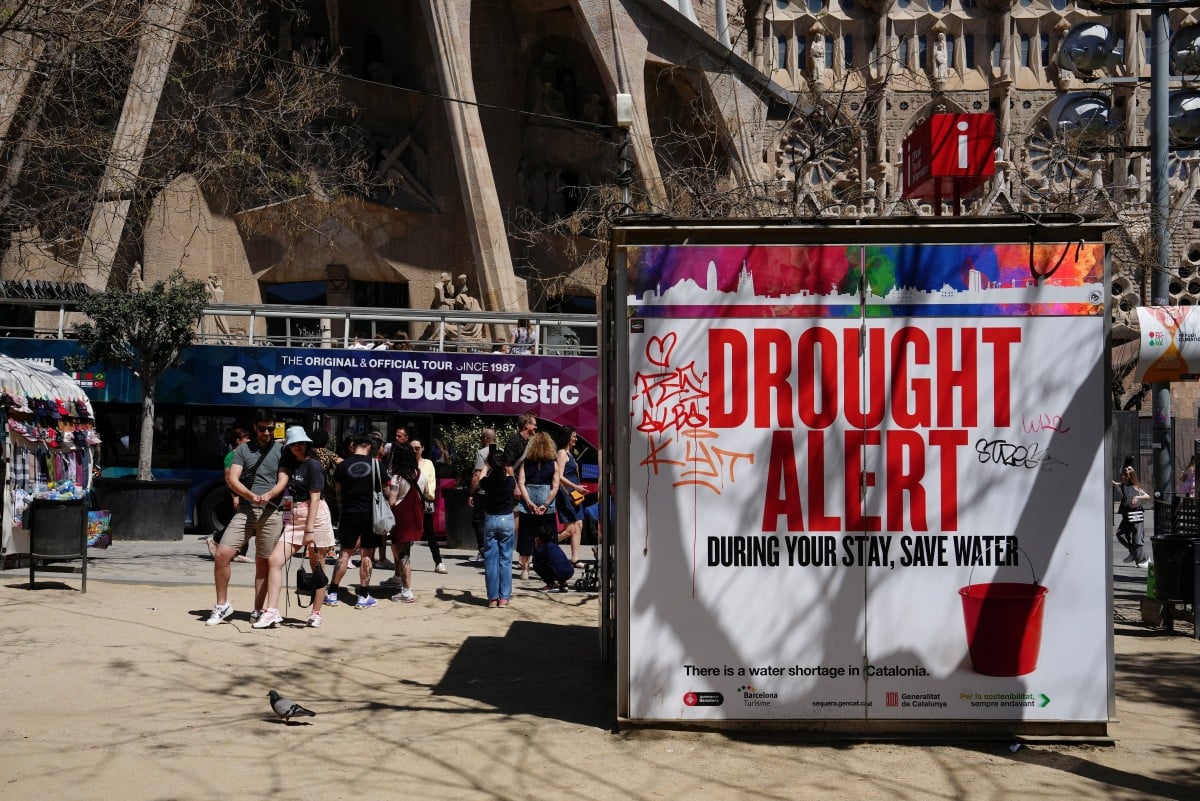
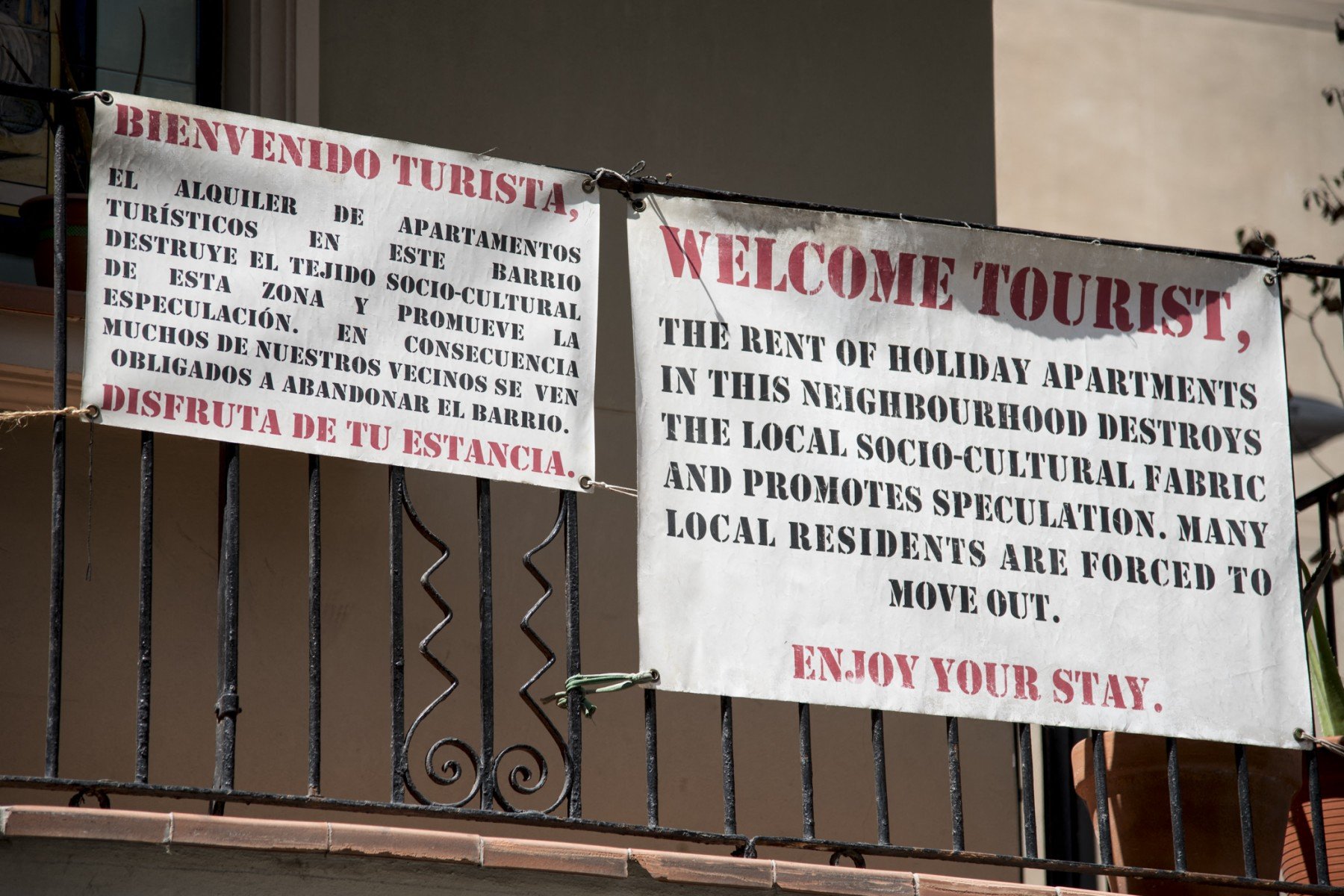
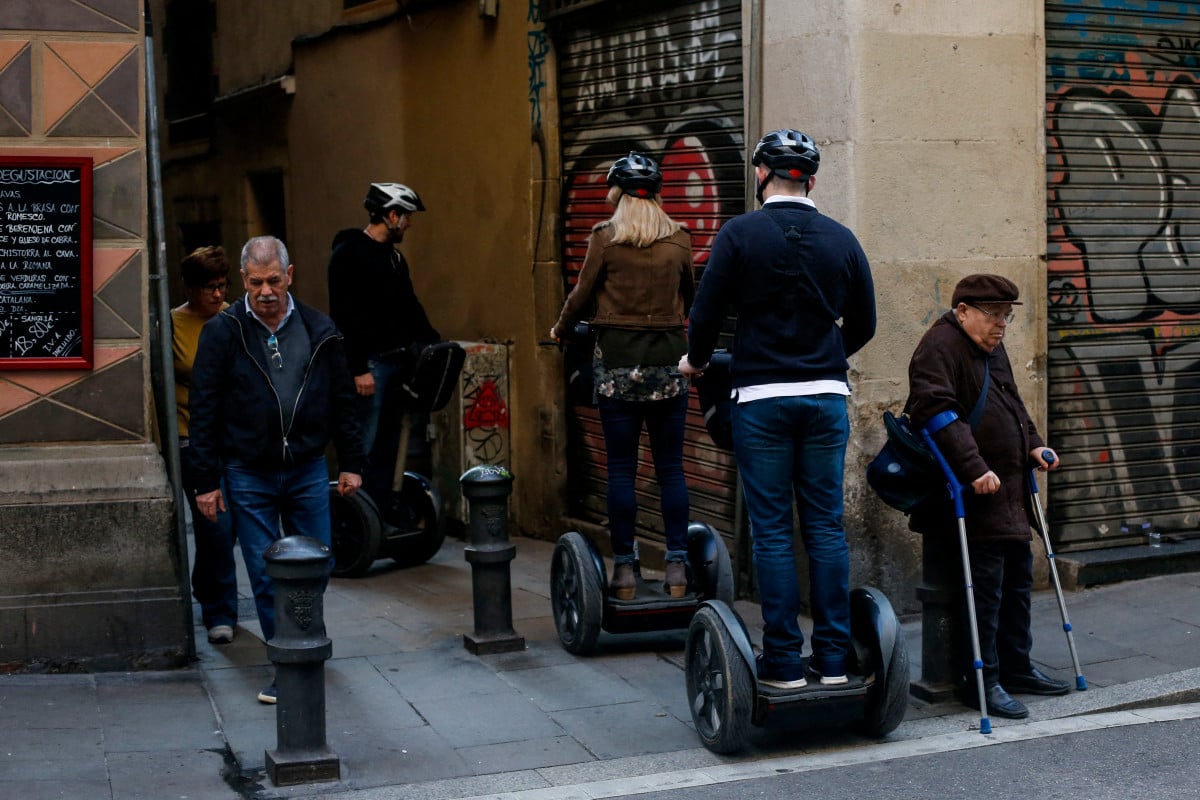
 Please whitelist us to continue reading.
Please whitelist us to continue reading.
Member comments